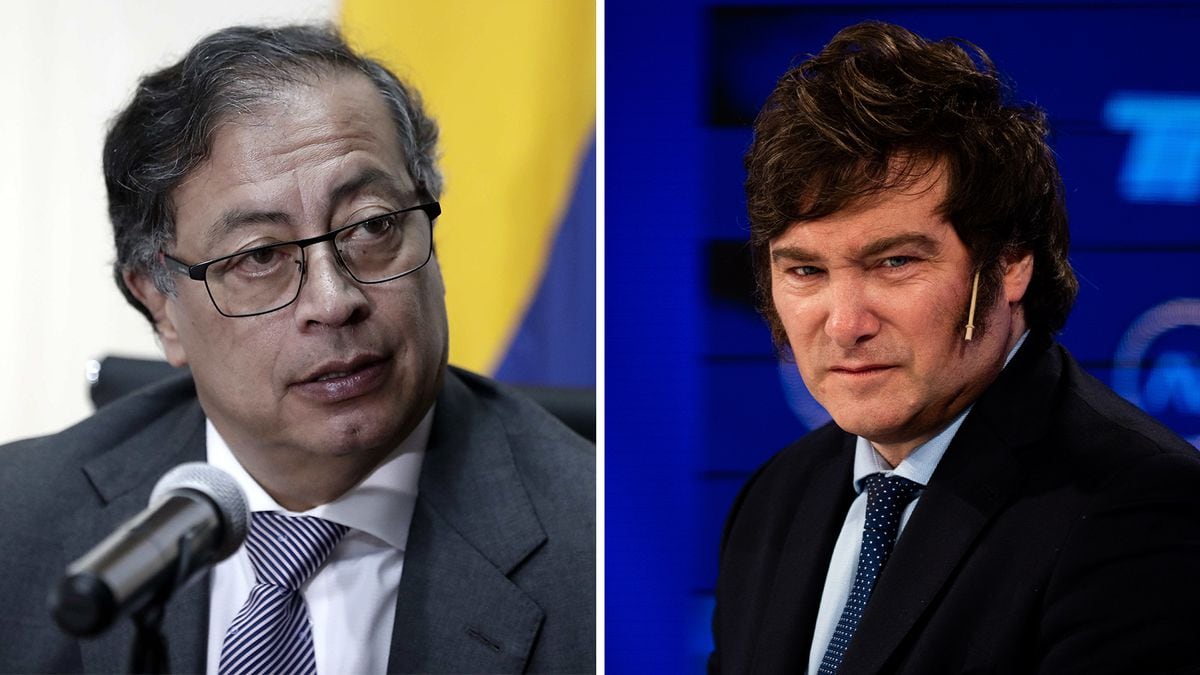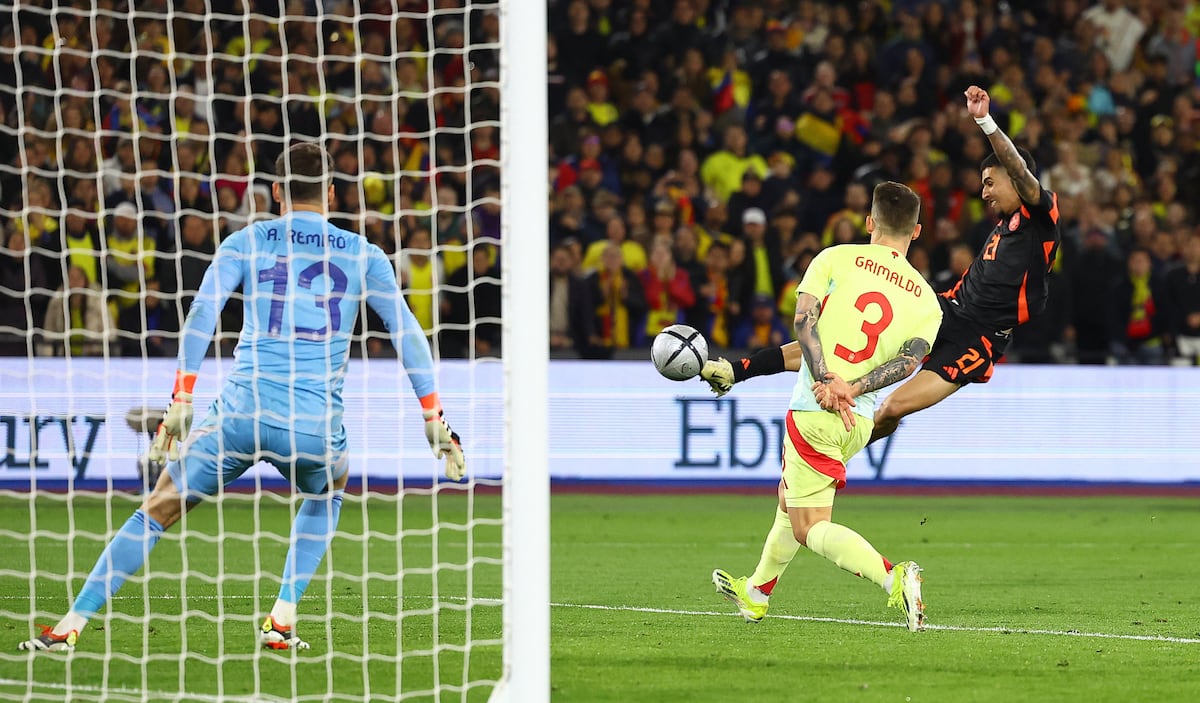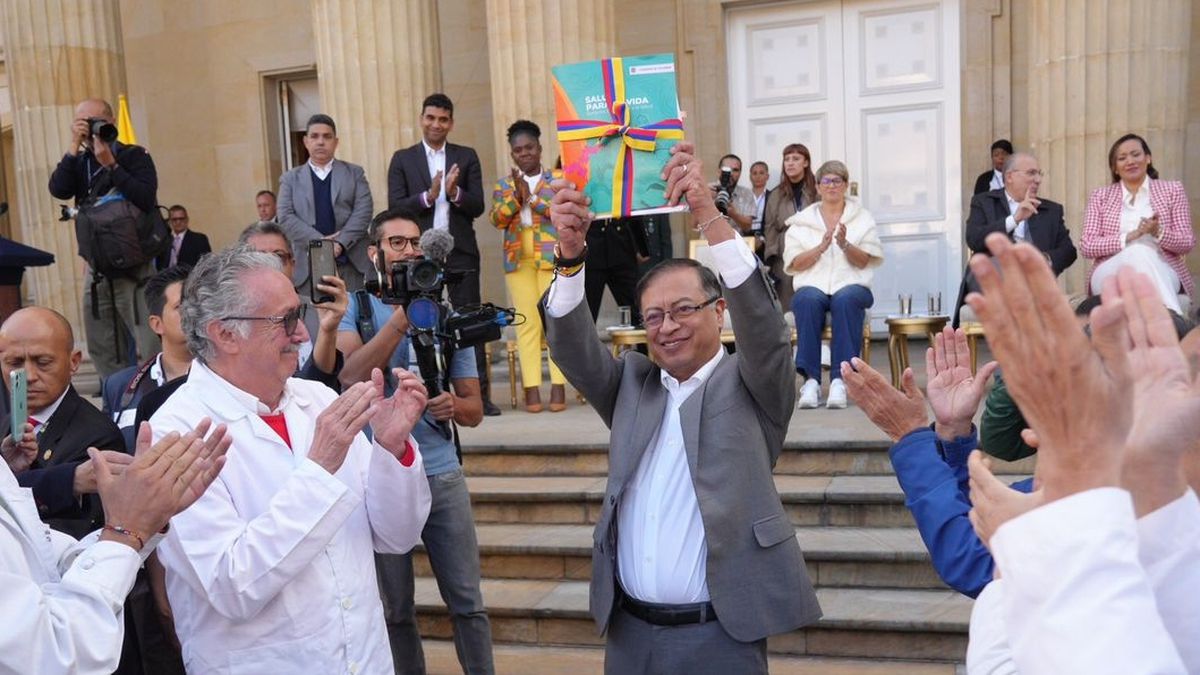The president of Colombia, Iván Duque, this Monday, February 14. JOHANNA GERON (AFP)
During the last four years, the Colombian right has lived firsthand one of the oldest and truest adages in politics: sometimes parties live better without power.
The data that frames it is the notable drop in the approval of President Iván Duque, which is only 35% on average according to the aggregate index maintained by the consulting firm Colombia Risk Analysis: barely one in three Colombians look favorably on his management .
Duque was chosen within the Colombian right as an electorally viable option, a young and politically moderate candidate.
But his failure to maintain high popularity is now reflected in the enormous fragmentation of this very ideological space.
As a result, the menu of possible candidates within the Equipo por Colombia coalition – the most tilted to the right – has never been entirely clear.
Nor has it been for the pollsters, who have varied the names included in their studies for those citizens who intend to vote on March 13 in the right-wing consultation.
As a result, the comparative data offer a blurred and uncertain picture, which barely serves to distinguish a group of outstanding candidates, whose vote estimate bands are so wide that it is impossible to pinpoint a clear head in the race.
There are three former mayors: that of Medellín Federico 'Fico' Gutiérrez, who reaches between 26% and 47% of support;
Alejandro Char from Barranquilla (between 26% and 34%);
and at some distance, Enrique Peñalosa from Bogotá (between 9% and 23%).
Less than a month after the consultations, Caracol Radio and EL PAÍS are organizing a series of debates with the pre-candidates of the three great coalitions, which begins this Tuesday at 7:00 p.m. with the candidates from the Team for Colombia, completed by David Barguil and Aydeé Lizazo.
Óscar Iván Zuluaga, candidate of the Democratic Center, the government party founded by former President Álvaro Uribe, and therefore Duke's provisional heir, is not in this coalition.
Zuluaga presents a notably negative net valuation, second only to Peñalosa among the Team for Colombia candidates.
Fico Gutiérrez is notably better off in his net data, but he has a clear recognition problem: two-thirds of the Invamer sample in December 2021 did not have a formed opinion about him, indicating that the majority of Colombian citizens do not know enough to value it in any direction, do not remember it or do not know it.
And this is for what is supposed to be the most prominent contender on the platform.
The debate within the Team for Colombia has been focusing on two points of attention also supported by demographic data.
One is the issue of security, the spearhead of the argument, especially for Fico Gutiérrez himself, as he was during his mayoralty in Medellín.
And, indeed, the perception of insecurity seems to have risen in the country, according to the Invamer survey.
So have some of the crime indicators, such as the homicide rate, which in 2021 reached levels not seen since 2015. Now, they are still far from the volumes of the beginning of this century, something that puts the power of this electoral hook.
The second lever has a name and surname: Gustavo Petro.
The more than probable candidate of the left has become the tempting visible target of all the other contenders, who directly or indirectly stir up the ghost that other governments of the same ideological tendency in the region provide them.
Indeed, the fear of "becoming Venezuela" haunts 33% of Colombians according to Invamer, but the association between the catastrophe in the neighboring country and the Petrista candidacy is not necessarily obvious for the electorates furthest from the extreme right, and it has been reduced in recent times from the 60%-70% that it reached in the previous presidential electoral cycle (a value that it is likely to approach again as the next elections do).
To these moderates, the low evaluation of Duque (in theory,
a president chosen by and for them) can end up distancing them from a right-wing candidacy, especially if it is very tilted.
And there are more and more, while those self-declared as very right-wing have been declining for a decade and a half in Colombia: they were more than 21% in 2004, and in 2018 they barely reached 14.7%.
Given this, the fractured conservative space should consider how to reconcile the failure of a president who presented himself as both his own and moderate, with the reality that his ideological space is shrinking in Colombia.
Subscribe here to the EL PAÍS América
newsletter
and receive all the key information on current affairs in the region
Exclusive content for subscribers
read without limits
subscribe
I'm already a subscriber






